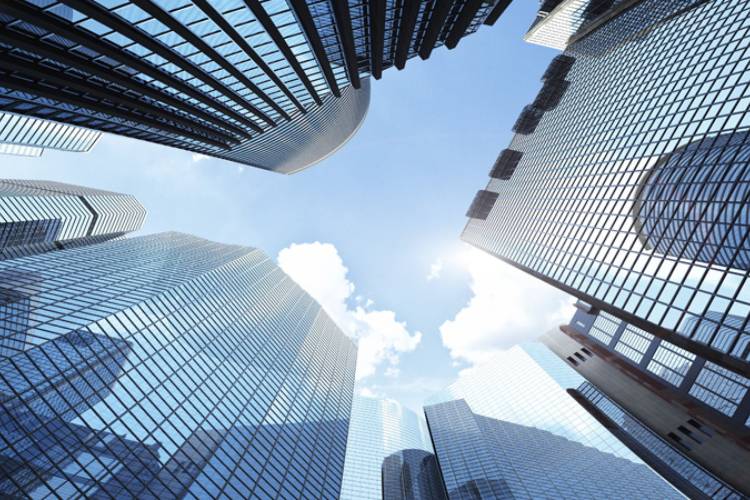

A trade conference recently focussed on the importance of net zero and the steps that need to be taken by the government to ensure a robust built environment
October 23, 2023 | Staff Reporter | UK | Facilities Management

Buildings should be made to work better for social and economic reasons; not just to meet safety and climate change goals, delegates at a conference pointed out. The President of the Building Engineering Services Association (BESA), Claire Curran, who was speaking at the trade body’s conference recently, said that the government’s “flip-flopping” on net zero and infrastructure policy should not be used as an excuse to delay investment that would “make buildings work better”.
She said, “It makes no difference that the government has got cold feet over its net zero time table and the cost of vital infrastructure. We still have a built environment that is desperate for an upgrade. We need to look no further than the ‘crumbly concrete’ scandal in schools and hospitals for proof that our existing building stock is not being properly maintained. Vital investment in refurbishment and retrofit has fallen so far behind the curve that many of our built assets are no longer fit for purpose.”
She told the event that improving the built environment should be a priority as it was critical to “the hopes and aspirations of this and future generations”. “The buildings we live and work in are crucial to our well-being and quality of life – and there is nothing more fundamental than that.”
Curran also criticised the two-thirds of residential landlords who told a recent survey that they would rather sell their properties than pay for energy-efficiency improvements to meet EPC regulations originally due to come into force in 2025. She said, “The government scrapped the deadline anyway… What sort of signal does that send? The whole point is that we are supposed to be improving buildings – not letting them continue to degrade.”
She added that if the government was serious about wanting to help families who are struggling with rising costs, it should support a major programme of building refurbishment and retrofit to reduce their energy bills. Whether you think net zero is achievable or not, making buildings better is surely a basic social responsibility.”
Dr Jo Jolly, head of project futures at the Infrastructure and Projects Authority (IPA), called for delivery teams to be more “courageous and honest” to achieve sustainability goals and avoid the continual “race to the bottom” on quality and cost. In her keynote presentation, she told the BESA conference that too many members of project teams felt afraid to call out poor working practices owing to the “toxic culture” that affected many projects. Dr Jolly said, “We are facing climate emergency, and need to tackle it with fearlessness. These are the last best years we have to make a difference before time runs out.”